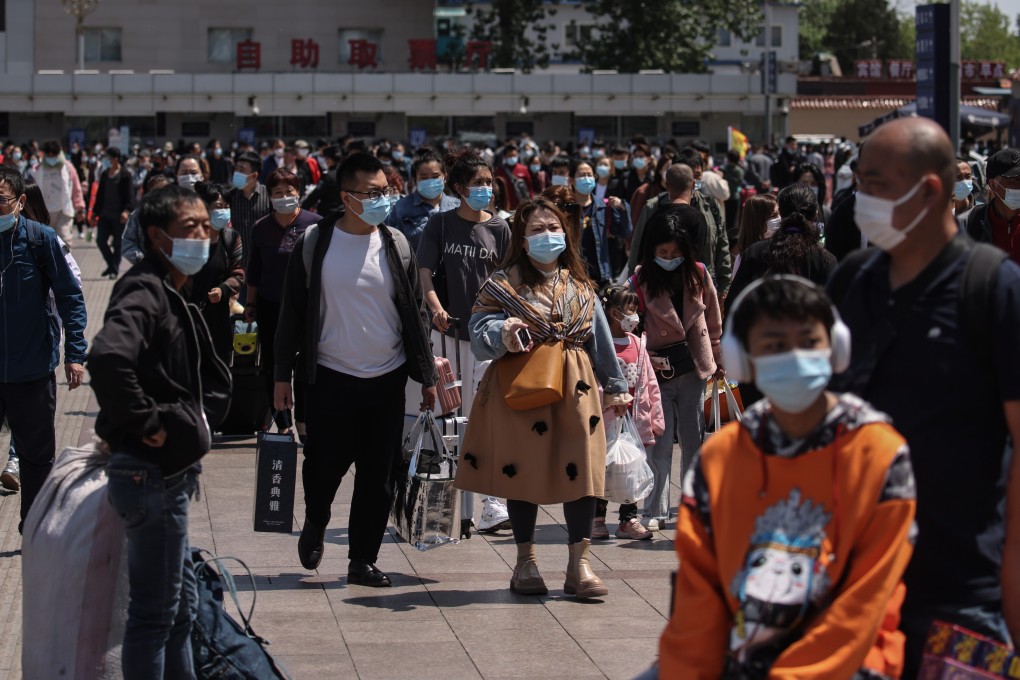China’s summer tourism grinds to halt as coronavirus Delta variant spreads and ‘tourists are scared away’
- Bookings cancelled and refunds issued as all of China’s provinces ask residents not to travel, dealing another blow to domestic tourism industry
- But even if there were not interprovincial travel restrictions, some say many people would still be avoiding long-distance travel

Any business recovery that China’s tourism operators were hoping for this summer holiday season has been thwarted following the latest outbreak of Covid-19 said to have originated in Nanjing.
In a bid to curb transmissions, all of the mainland’s 31 provincial-level jurisdictions had issued notices by Monday advising people not to travel domestically. Some provincial governments singled out only medium- and high-risk regions, while others asked people to avoid all interprovincial travel.
“The impact on the tourism industry is definitely the biggest,” said Zhang Zhiwei, chief economist at Pinpoint Assets. “It is not limited to those cities that have confirmed cases. It should be said that, overall, travel has become more cautious.”
Yu Hui, a hostel manager in Wuyuan, a touristy town in central Jiangxi province, said his hostel had been fully booked for August but now 90 per cent of the bookings have been cancelled.